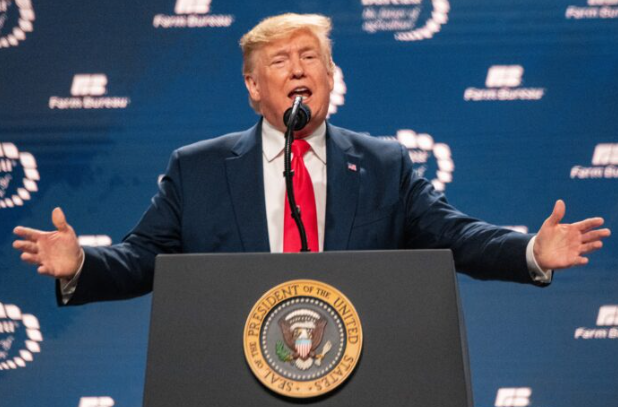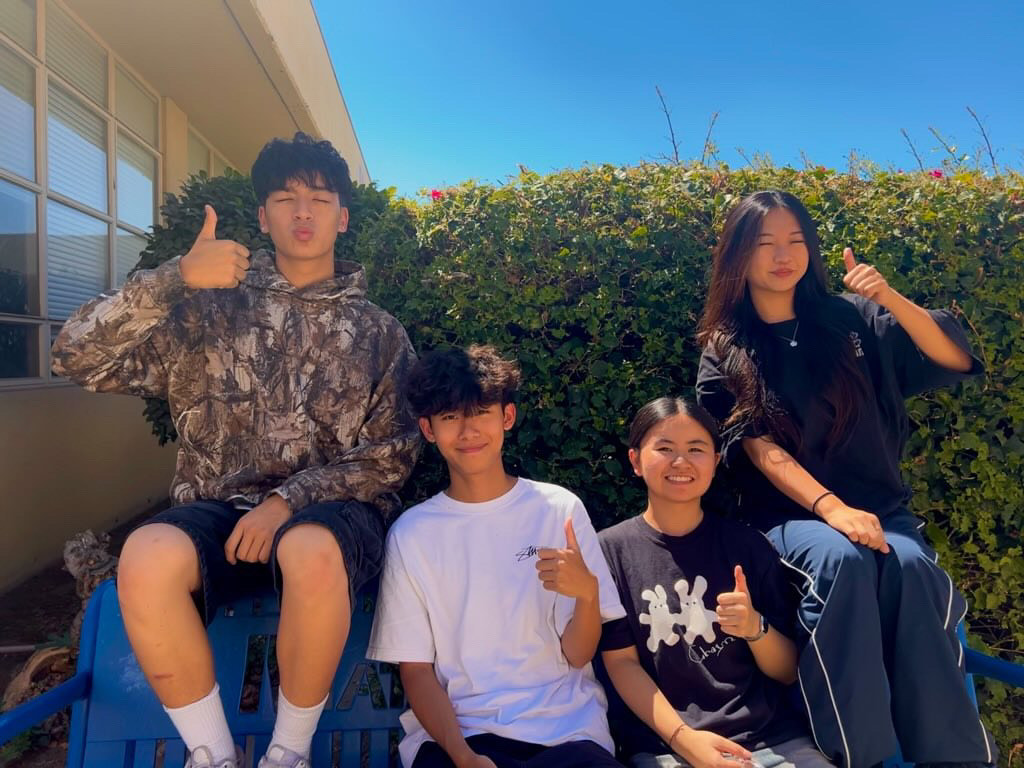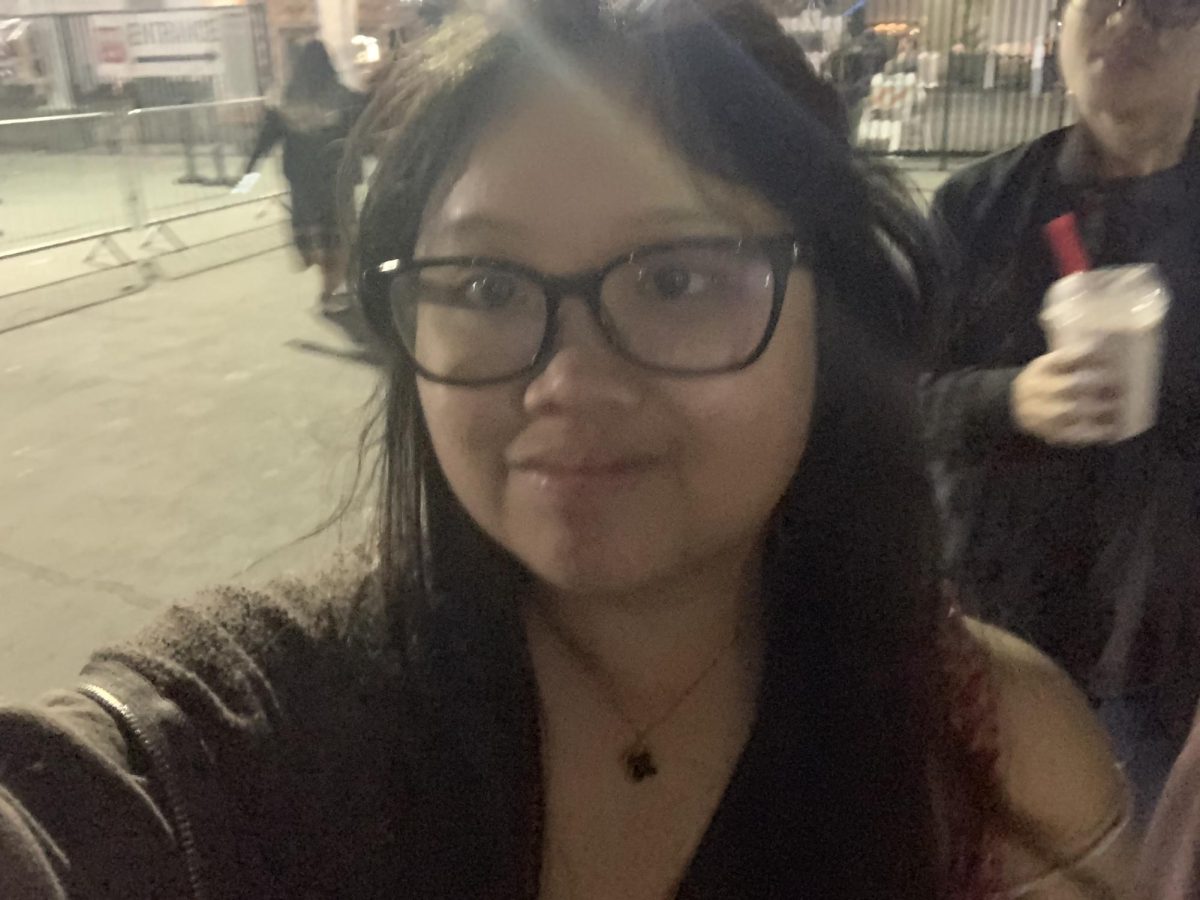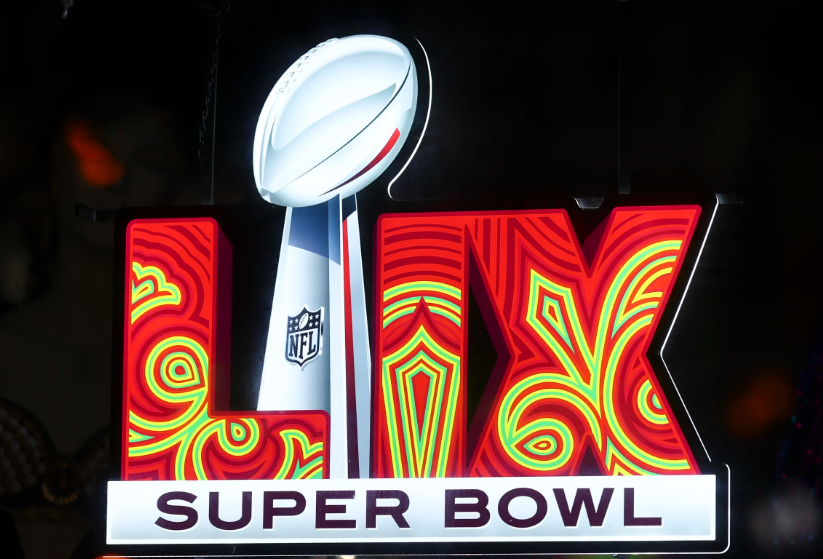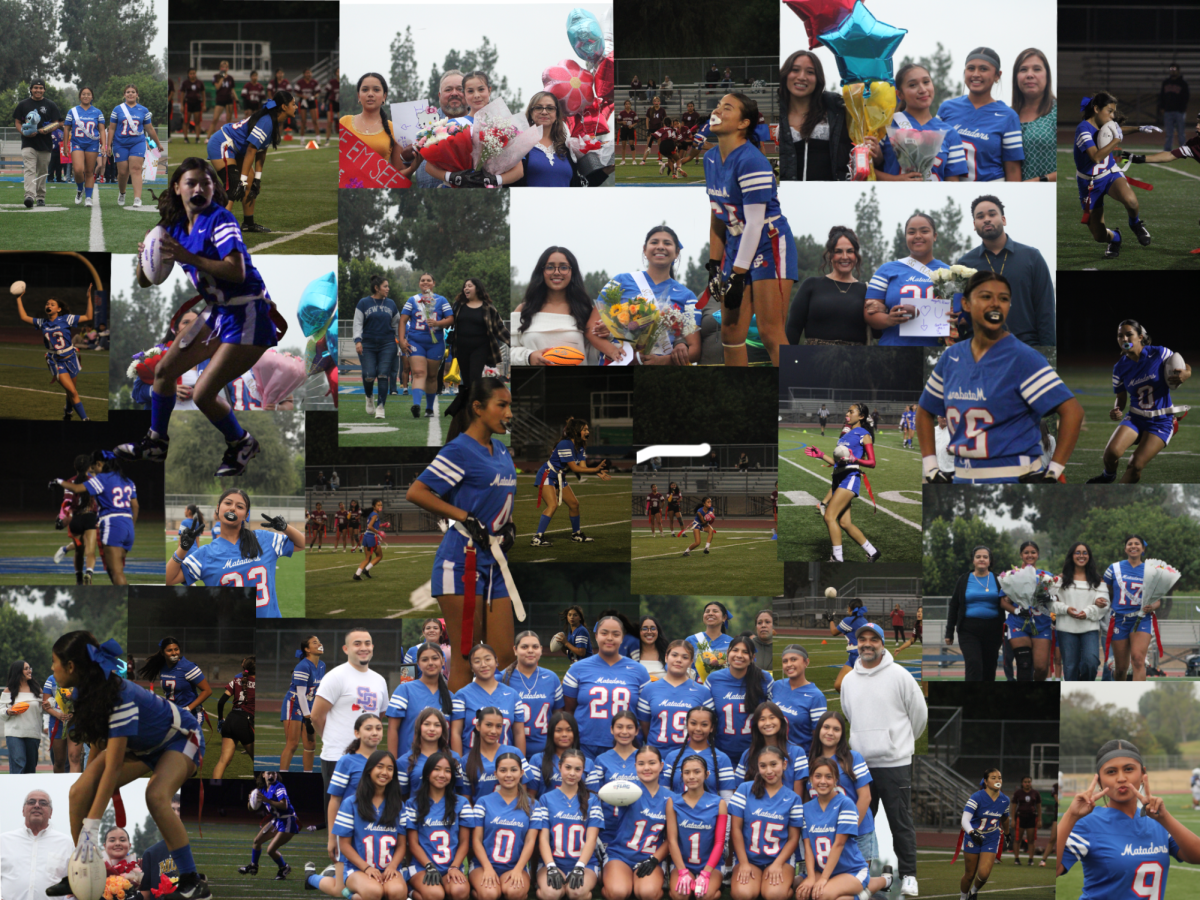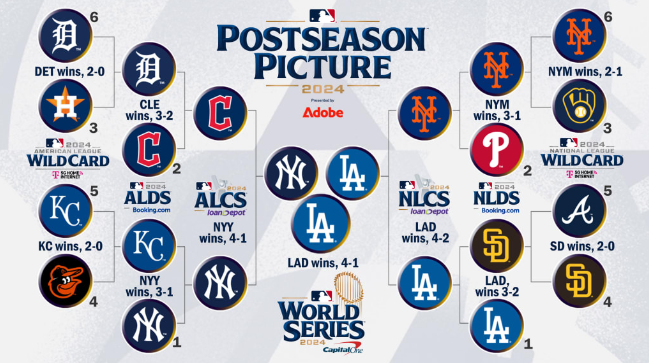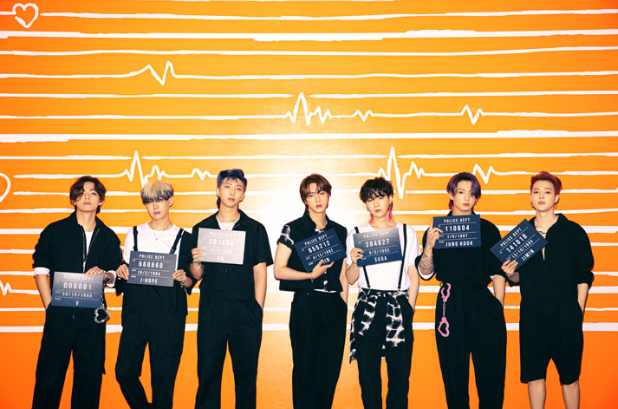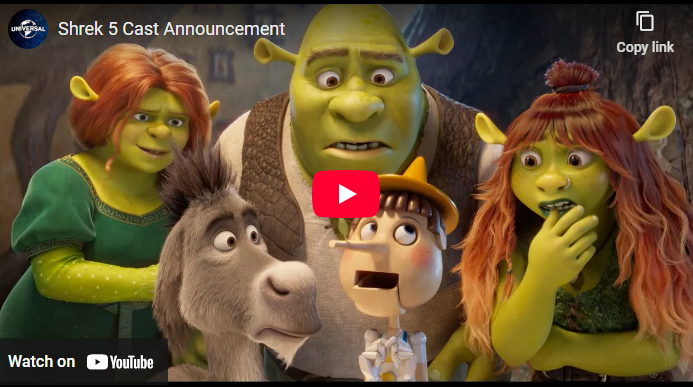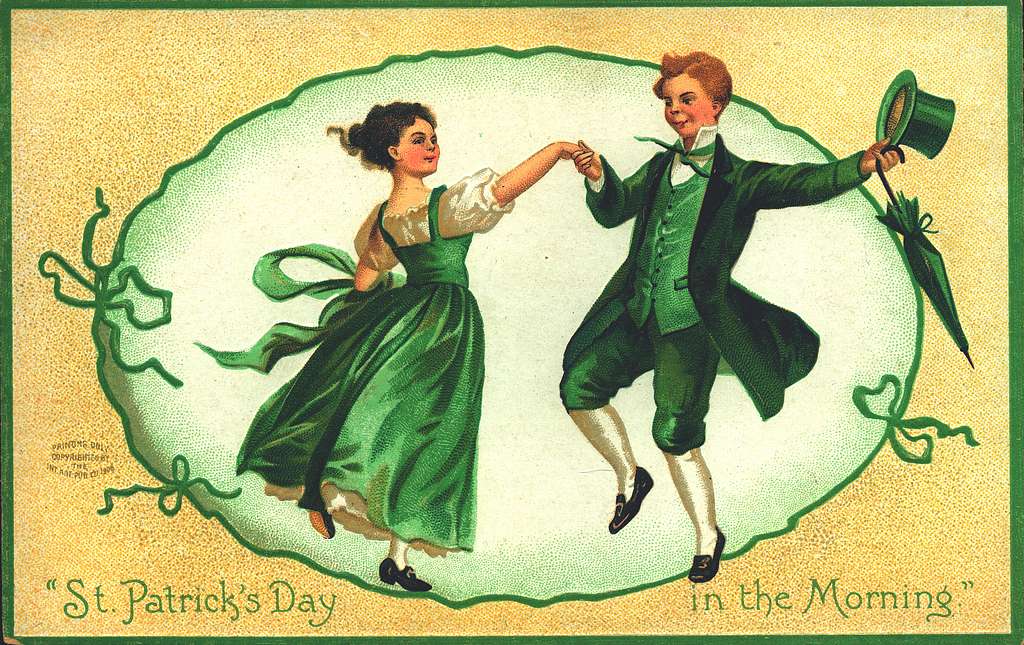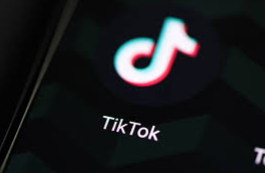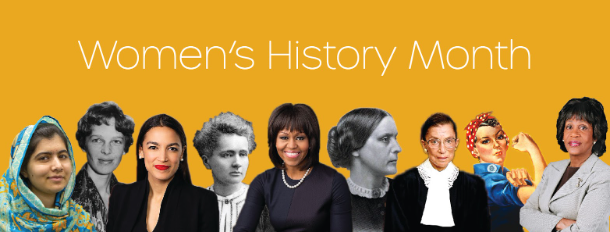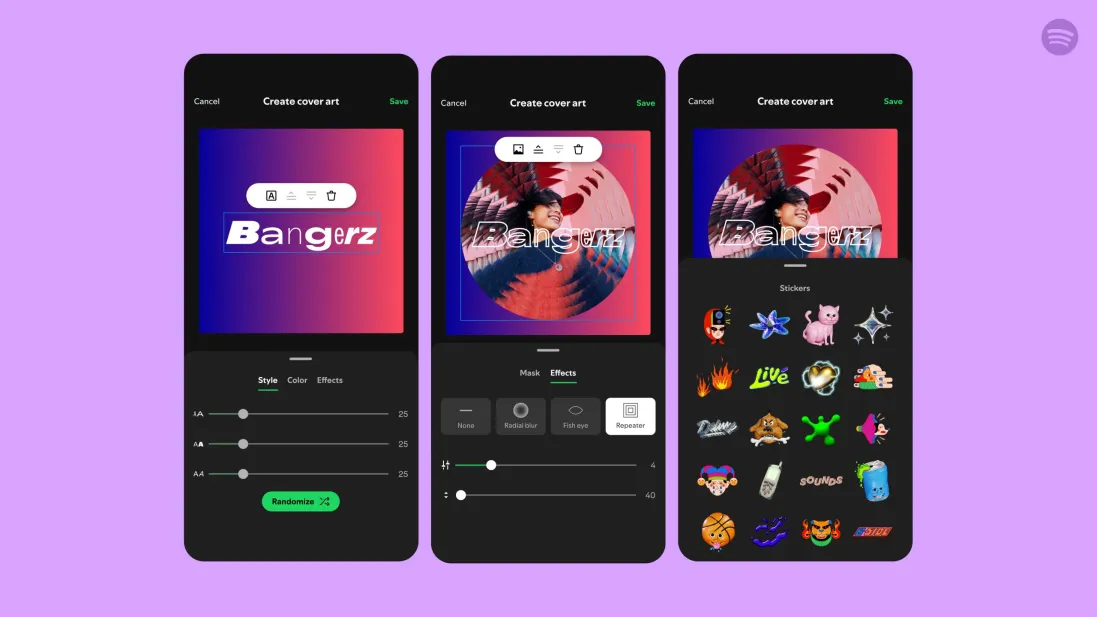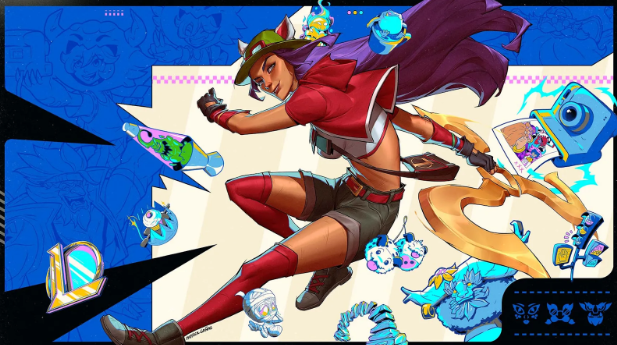Since League of Legends’ (League) release in 2009, it has managed to remain one of the most popular and influential video games in the world. Even after a decade of it’s release, the game still attracts millions of players globally and has a thriving esports scene. Now the question is, how has this multiplayer online battle arena (MOBA) game maintained its appeal in the industry?
The secret of League of Legends’ enduring success lies in its constant evolution and strong community engagement. Riot Games, the studio behind League, has ensured that the game never feels stale. They regularly release balance updates, new champions, and gameplay adjustments. With over 160 champions to select, players have endless combinations of strategies and styles to explore. As a result, the in-game “meta” (most effective ways to play) shifts frequently, keeping things fresh while keeping the same feeling for long-time players.
Another appeal that makes League so successful is its accessibility. It’s a free-to-play game, it invites anyone to join without any upfront cost. Riot Games’s business model revolves around selling cosmetic items, like skins for champions, which allows players to personalize their experience without affecting the core gameplay. This approach has helped League grow a massive, global player base that continues to return simply because of the addictive game play.
Another major factor in League’s success would be its vibrant esports scene. From professional leagues like the LCS in North America and LCK in South Korea to the annual World Championship, League of Legends dominates the competitive gaming world. Tournaments are not just about watching top players go head-to-head, they are also about fostering a connection with the game and the community. Riot Games has capitalized on the excitement by putting on grand events, complete with stunning visuals, performances, and a hefty prize pool, ensuring that the game remains a spectator sport.
The accessibility of watching League of Legends on streaming platforms like Twitch and Youtube have also contributed to League’s dominant power. Professional players, streamers, and content creators are constantly producing tutorials, gameplay highlights, and commentary, helping newer players improve and offering entertainment for the game’s audience.
Riot Games has also capitalized on the League of Legends universe into forms of media. With the release of critically acclaimed Netflix series Arcane, set in the League universe, the game has reached a new audience from whoever may have picked up a controller or a PC mouse. The company has also created spin-off games like Teamfight Tactics (TFT) and Legends of Runeterra (Runeterra) that introduce players to the League world from different angles, allowing long-time fans to find new ways to engage and interact with new players.
Ultimately, League of Legends has succeeded for a long time because it offers something for everyone. Whether it’s the fast-paced action, strategic depth, or the ability to play with others. The game is continuously finding ways to stay relevant. Riot Games has not only built a successful product but also a community that transcends the game itself. As the years pass, League of Legends is only growing stronger. In an industry where many games fade into obscurity, League stands as a testament to what happens when developers listen to their players, adapt to new trends, and create an immersive experience that keeps people coming back.


